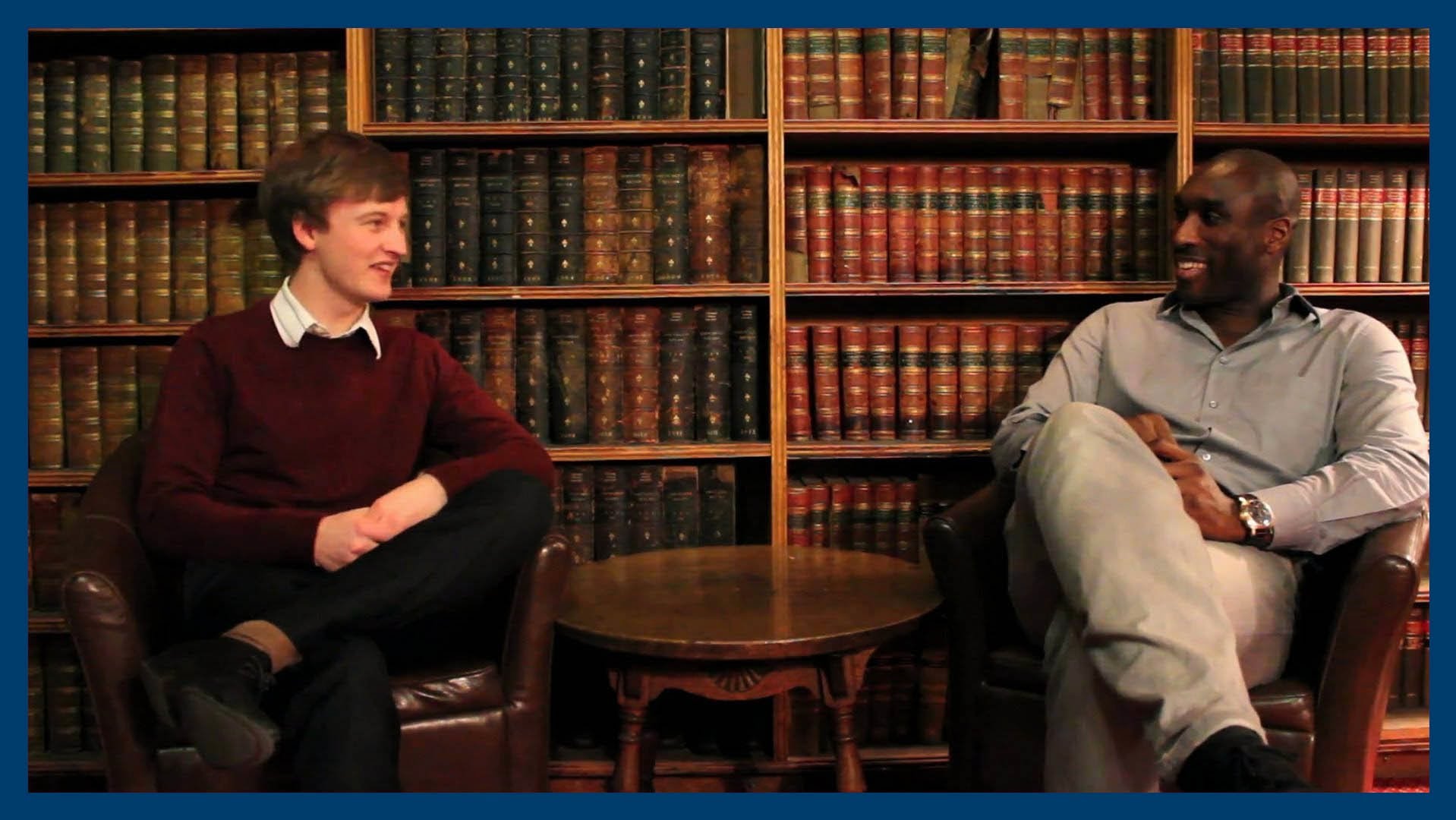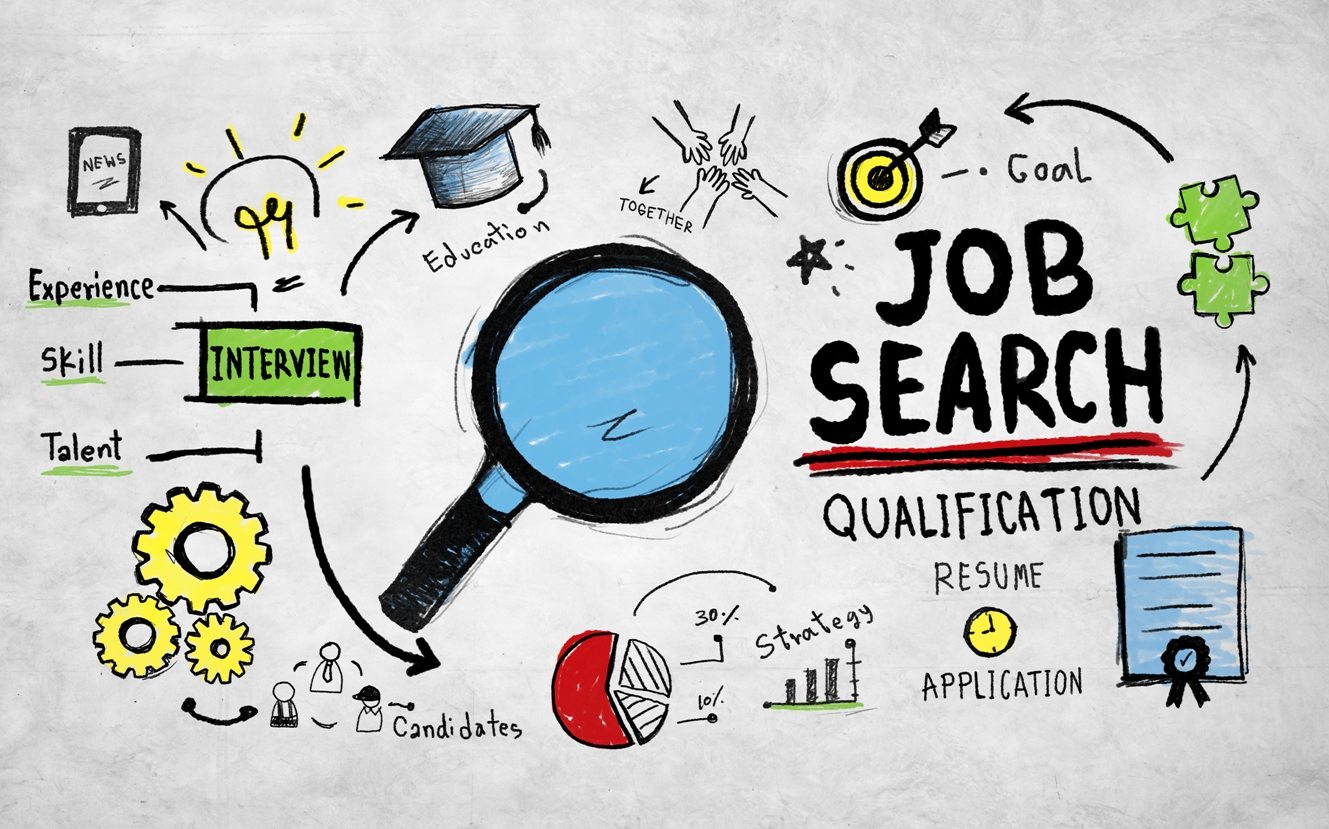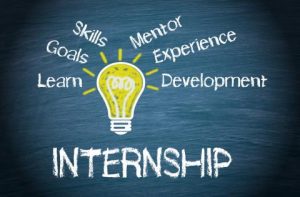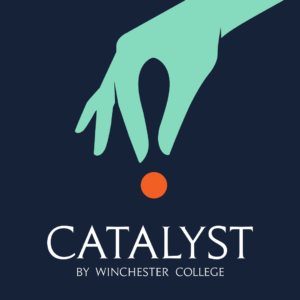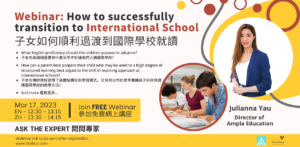
I have been in academia for almost a third of my entire life and I’ve been asked about my performance in my GCSEs and A-levels many times by anxious students desperate to know tips and tricks for exam success. Unfortunately for many stressed out sixth formers, there is no easy answer. My own method for exam preparation at GCSE and A-level was to learn content from my course like the script for a play and to essentially lecture my empty bedroom on the material I had memorised, followed by some past paper practice. My rather eccentric method of revision hardly suits all comers and exemplifies the very specific, case-by-case nature of exam preparation.
Self-Awareness Is Key
In my experience, the most valuable lesson to take is the paramount importance of finding one’s own learning style, something which just requires a bit of time, effort and self-awareness. For many, this lesson entirely passes them by and they will spend hours fruitlessly working on ineffective revision techniques recommended to them by friends or teachers without appreciating how the technique may benefit them. Many students will then test their knowledge through mock exams and erroneously conclude that a poor performance was down to lack of ability, rather than some misguided revision strategies, a crippling conclusion that many students draw of themselves entirely prematurely. It is vitally important that students take the time to try out a wide range of study methods: flash cards, recital, working with friends, taking detailed notes and so on; mixing and matching different methods to find what works best can hugely improve the efficiency of a student’s revision and allow them to make tremendous progress in a few short weeks. This is also an excellent investment for future work: going into university with a thorough understanding of one’s own learning will save greatly on time and effort, making degree study far less stressful.
Practice, Practice, Practice
For any subject, past papers are one of the most useful study aids. Working through papers under exam conditions can reveal gaps in a student’s knowledge and build confidence in working through the content under time pressure. Practising papers also gives insight into how exams work, the old adage that “examiners aren’t trying to catch you out” is demonstrably true at GCSE and A-level (less so when faced with the occasional malicious academic at university): STEM exam questions always have a theme to them, based on a particular topic or set of topics, with early parts of the question often giving major hints as to how to access higher tier marks at the end.
For any student looking to access higher level marks, helping a friend with past papers can be highly beneficial to both. In my experience, nothing improves understanding of a topic better than (accurately) teaching it to somebody else. Not only does teaching feature as an effective revision aid, but it also builds all-important confidence.
Trust in Your Abilities
With every student I have ever taught, at various subjects and levels of ability, there has been one common problem costing them more marks than any other: confidence. I have seen students elegantly deduce the correct answer to a question through rigorous and intelligent working, only to throw the answer away because “it looks wrong” or “I know I can’t be right”. This is extremely frustrating for a teacher to watch, since the problem is corrected quite easily: practice and discipline are all that is required. Students need to trust their own understanding when working through problems, and realise that in every subject an exam answer can be viewed as an argument for why they are correct. If their argument has consistent reasoning, then it is safe to assume that their answer is correct. This intellectual confidence naturally develops over time, but can be strengthened considerably by practising exam questions, thoroughly checking work, and explaining content to peers.
To book your exam prep lessons with Ampla Education’s experienced tutors, contact us at info@ampla-edu.com
________________________________________________________________________
Adam Drew has an MSci degree in Natural Sciences from the University of Cambridge and a Master of Research degree from Imperial College London. He is now a PhD Student in the Centre for Plastic Electronics at Imperial College London. His research interests focus on developing treatment methods on small molecule electronics for manufacturing devices such as organic LEDs.
______________________________________________________________
Having been actively tutoring students for 8 years, Adam has a strong interest in education and widening participation, leading numerous outreach programs and teaching workshops focusing on bringing disadvantaged students into STEM degree subjects.
______________________________________________________________
________________________________________________________________________
© Ampla Education – Unauthorised use of this material without permission is strictly prohibited. Excerpts and links may be used, provided that full credit is given to Ampla Education.





